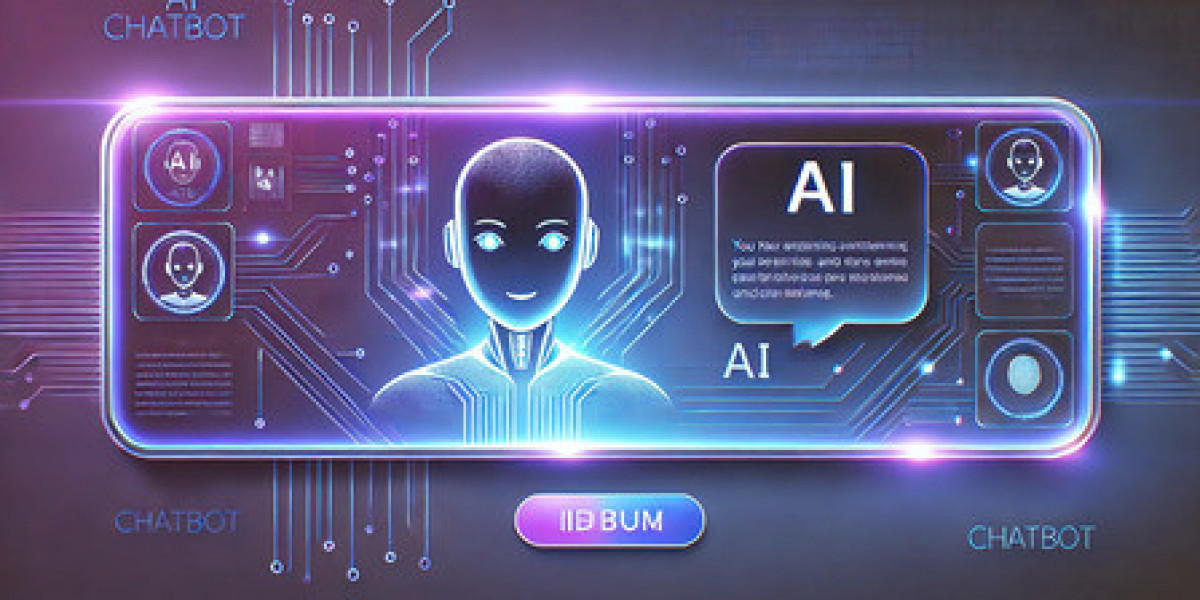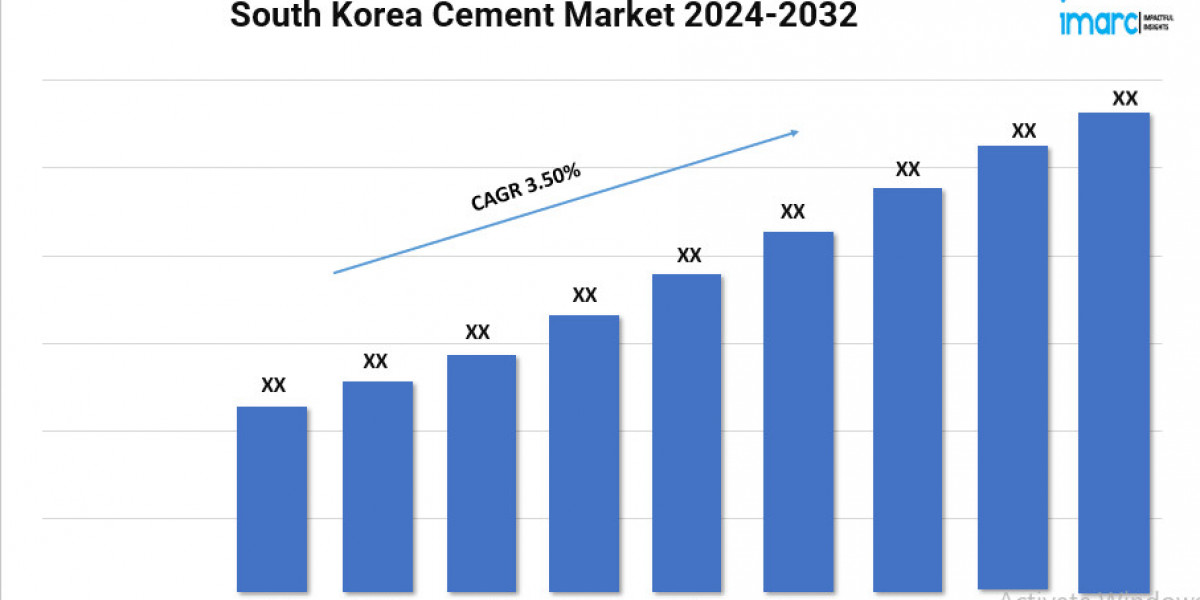Artificial intelligence has made significant progress in creative fields, producing artwork, literature, and music that challenge traditional perspectives. The debate over whether AI can truly match human creativity continues to grow. While some see AI as a tool to assist creative minds, others fear it could replace human artists, writers, and musicians. This article examines how AI performs in these fields compared to human creativity.
AI in Art
AI-generated art has become more prominent, with algorithms like DALL·E and MidJourney producing stunning visual pieces. These tools analyze vast amounts of data, recognize patterns, and generate images based on specific inputs. Some of the results are impressive, mimicking famous artists' styles or creating entirely new ones.
However, human artists bring emotions, experiences, and personal interpretations into their work. AI lacks genuine inspiration, and while it can replicate styles, it does not create with intent or feeling. Some argue that AI-generated art is merely a product of data processing, not genuine creativity. Still, it has found a place in commercial design, assisting artists by providing initial concepts and inspiration.
Human Artistry vs. AI-generated Art
Despite AI’s ability to generate art quickly, human artists retain a unique edge. They draw from emotions, cultural influences, and lived experiences, making each piece deeply personal. AI lacks these qualities, producing images based purely on algorithms and existing data. While AI-generated art may be visually appealing, it often lacks the depth and meaning that human creations hold.
Some artists use AI as part of their creative process rather than seeing it as competition. It serves as an assistant rather than a replacement, helping generate ideas and refining concepts. In this sense, AI becomes an extension of human creativity rather than an independent force.
AI in Writing
AI-generated content has advanced significantly, with models like ChatGPT producing articles, poetry, and even novels. These tools analyze extensive datasets, learning how to structure sentences and develop ideas. Some AI-generated works are nearly indistinguishable from human-written pieces.
However, storytelling is more than just stringing words together. Human writers infuse narratives with personal experiences, emotions, and perspectives that AI cannot replicate. While AI can produce coherent text, it struggles with originality, subtle humor, and deep emotional storytelling. The ability to create thought-provoking literature remains a human strength.
The Impact of AI on Journalism and Content Creation
In journalism, AI assists with drafting reports, summarizing information, and even generating news stories. Some media outlets use AI for financial or sports reporting, where factual data plays a central role. However, investigative journalism and opinion pieces require human intuition, ethical considerations, and critical thinking, making AI less effective in these areas.
Writers often use AI tools to assist with grammar, style, and structure. These applications help refine content but do not replace the writer's creative process. AI tool assistance is valuable for efficiency, but originality still depends on human input.
AI in Music
AI has entered the music industry by composing melodies, generating lyrics, and even producing full songs. Algorithms analyze existing compositions to create new music in a similar style. AI-generated tracks have been used in commercials, video games, and even mainstream albums.
However, music is deeply emotional, often reflecting personal experiences and cultural backgrounds. While AI can generate harmonies and beats, it does not create music from personal expression. Musicians connect with audiences through their stories, struggles, and emotions, which AI cannot replicate.
Human Musicians vs. AI Composers
Human musicians bring an irreplaceable element to their craft. They experiment, improvise, and convey emotions through their performances. AI-generated music, while technically proficient, often lacks soul and spontaneity. Listeners may appreciate AI compositions, but they tend to connect more deeply with human-created music.
Despite this, AI plays a role in assisting musicians. It can help generate ideas, suggest chord progressions, or refine compositions. Many artists use AI as a collaborative tool rather than a replacement, benefiting from its efficiency without losing their creative touch.
AI in Creative Fields
The increasing presence of AI in creative industries has raised concerns about artistic freedom. Some fear that reliance on AI could lead to a lack of originality, where artists and writers become dependent on algorithms rather than their own creativity. This AI bondage could limit artistic growth, making creative expression more about pattern recognition than personal storytelling.
On the other hand, AI provides new opportunities. It offers tools that can help creators develop their ideas faster and more efficiently. The challenge lies in using AI responsibly without allowing it to dominate the creative process.
The Future of AI and Human Creativity
The question remains: Will AI surpass human creativity, or will it always remain an assistant to human artists, writers, and musicians? While AI can generate impressive content, it still lacks the ability to create from personal experience, emotion, and intent. The human mind remains the driving force behind truly original and meaningful creative works.
Rather than viewing AI as a competitor, many creatives see it as a powerful tool. It can streamline the creative process, generate ideas, and provide inspiration, but the final touch still belongs to humans. The future may involve a balance where AI supports human creativity without replacing it.
Conclusion
The debate between AI and human creativity will continue as technology advances. While AI can produce art, writing, and music, it lacks the emotional depth, originality, and personal touch that define human creativity. AI serves as a helpful tool, but true artistic expression remains a human ability. The future of creativity lies in how AI and humans collaborate rather than compete.









